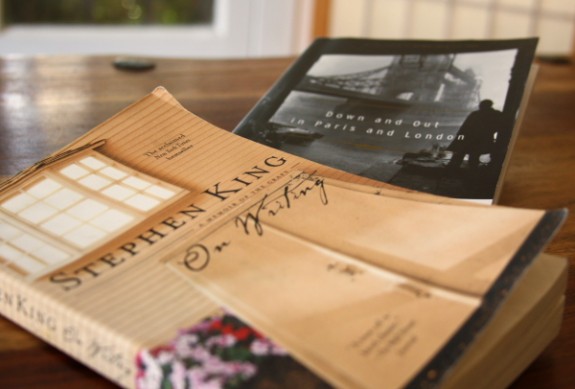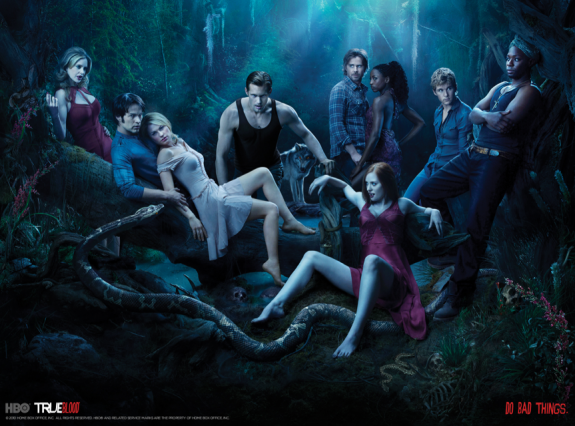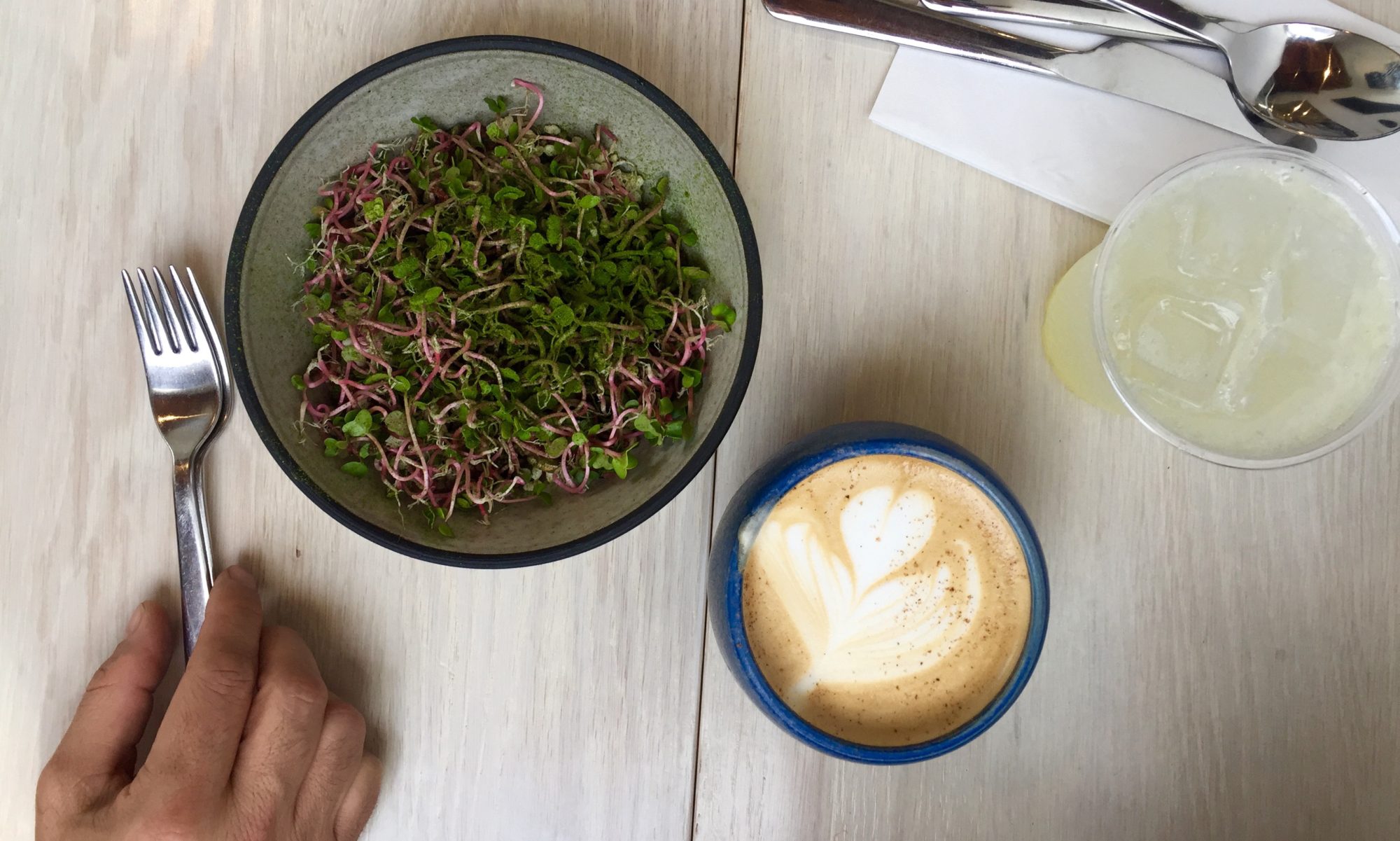
I was lucky enough to get in a lot of reading while I was on vacation. Though much of my reading was crammed into the last two days of my trip, I was able to plow through three books in just a couple of days before returning home. Each book offered food for thought, entertaining story, and psychological fodder.
On Writing: A Trusted Voice on the Craft
The first book in my stack was On Writing by Stephen King. This isn’t a new book—it was first published in 2000—but after coming across a paperback version at a library book sale, I took it as a sign that it was time to spend a little time with with this prolific writer to find out what he had to say about writing.
Turns out, On Writing was just the book I needed. My well of inspiration needed a little refilling, and reading it was like spending time with a trusted mentor. His account of honing his craft as a writer while trudging through a series of muscle-wrenching jobs in Northern Maine was perfectly suited for a back seat reader speeding north up a one lane highway. On Writing is filled with amusing anecdotes and pointed stories that show how a simple guy with a head full of questions could turn himself into a successful wordsmith.
Though I had read On Writing back in 2000, I discovered an entirely different book this time around. It seems that in ten years I’ve changed significantly as a writer. His stories hit me to my writer’s core. Finally. I was ready to hear the big lessons:
- Fear the adverb.
- Don’t feel guilty about reading a lot.
- Study the rules of grammar.
- Don’t give up on tough fictional stories. And don’t get lost in trying to find the story’s theme BEFORE it’s written.
- Unearth the fossils of truth in the second draft.
Down and Out in Paris and London: The Harsh Reality of Restaurants and Poverty in the 1930’s
Next up on my reading list was Down and Out in Paris and London,George Orwell’s 1933 semi-fictional account of life as a penniless dishwasher and the realities of being poor. Thick with descriptions of sweltering kitchens, dreadful working conditions, nauseating food handling practices, and destitution, Down and Out is a fascinating social document on the life of restaurant workers and paupers. Though written in the early 30’s, Orwell’s account is both timely and enlightening with detailed descriptions of poverty and insightful ideas on how to end hunger in the poorest of communities.

Orwell’s fictional journalism gives a first person account of the Parisian kitchens of the 1930’s and the effect a bad economy and terrible luck has on the poorest of poor. In short, Down and Out shows that not much has changed.
Despite eighty years of progress, restaurants continue to be filled with unchanging archetypes, common situations, and rigid caste systems. No matter how modern, restaurant kitchens will forever be slammed (or in Orwell’s book submitted to a coup de feu). Chefs and sautée cooks will continue to be overworked, burned by flames, and pushed to the edge of madness after a long, hot night at the stoves. Waiters maintain decades of complaints over the demands of customers and will forever rally with their peers for a good stiff drink at the end of their shift.
Not suprisingly, Chefs have always looked down their noses at waiters for their tip earning potential and for doing their uniformed work in a temperature controlled dining room. And, most pointedly, dishwashers will always be the under-appreciated and under-paid underdog of the restaurant world.
According to Orwell, the plongeur (or dishwasher), “is one of the slaves of the modern world.”
Not that there is any need to whine over him, for he is better off than many…His work is servile and without art; he is paid just enough to keep him alive; his only holiday is the sack…One cannot say that it is mere idleness on their part…they have simply been trapped buy a routine which makes though impossible. If plongeurs thought at all, they would long ago have formed a union and gone on strike for better treatment.
Orwell’s observances of restaurant workers’ hard labor for elite diners’ whims, leads the author to surmise that there is a much bigger agenda going on behind all the ornate dining experiences. Orwell suggests that the frivolous food frenzy for haute cuisine is really just a diversion from a bigger socio-economic situation.
I believe that this instinct to perpetuate useless work is, at bottom, simply fear of the mob. The mob are such low animals that they would be dangerous if they had leisure; it is safer to keep them too busy to think.
Damn, Orwell had the whole blind them with the Food Network conspiracy theory figured out long before it began.
The second half of Down and Out is filled with dark observances of poverty in London. Again, it seems, nothing much has changed in the world of the poor and hungry. As it continues today, desperate men and women in search of financial help or employment find that the governmental systems put in place only manage to make things worse. As the hungry get hungrier, they find themselves in ever-worsening spiral. The dole runs out, public housing is flawed, the poor are preyed on by opportunistic thieves, and sleeping on a park bench only leads to police harassment. Though the book is stocked full of disturbing images of poverty, the author’s insights are invaluable to understanding the inner workings of the starved and despairing mind.
Even more surprising than the dark themes of the book are Orwell’s hopeful suggestions for eradicating poverty with–you’re not going to believe this–farm to table organizations.
What is needed is to de-pauperise…by [finding the poor] work—not work for the sake of working, but work he can enjoy the benefits…There is a fairly obvious way of making them useful, namely this: Each workhouse could run a small farm, or at least a kitchen garden, and every able-bodied tramp who presented himself could be made to do a sound day’s work. The produce of the farm or garden could be used for feeding the tramps, and at the worst it would be better than the filthy diet [that’s fed to them at soup kitchens].
Down and Out may not be the easiest read, but is an important book for anyone interested in food, restaurants, or the causes of poverty. Orwell is profoundly gifted storyteller, student of mores and archetypes, and socio-philosopher. Down and Out is Orwell’s first published novel and came recommended by Anthony Bourdain (by way of his own debut exposé, Kitchen Confidential). The harsh realism and gritty descriptions of Orwell clearly influenced the knife wielding chef.
Living Dead in Dallas: Pure Candy
Okay, I admit it. Sometimes I read trashy novels. Other times, I watch TV versions of trashy novels.

Since I’m a huge fan of True Blood (and am on pins and needles for the upcoming Season Three premiere) I picked up the second book in Charlaine Harris’ epic Sookie Stackhouse series, Living Dead in Dallas. It’s a perfect book for a plane ride. Thin on literary merit but high on the Vampire rips bodice ranking, Harris writes a good page turner that can easily crushed on a flight from Detroit to LA.
Though not technically a food related book, reading a Harris novel is like eating a highly caloric bon-bon–you can’t help but feel a little guilty for enjoying the whole thing in one sitting.
What’s on your summer reading list?

Thanks for the list. Down and Out is now on my reading list. That is, after I finish 2666, a fantastic and technically challenging novel.
I also wanted to say, my wife and I were recently exposed to True Blood. Wow! It’s addictive. We’re still catching up with Season 2, but damn…! We’re psyched.
I love On Writing. I am reading mysteries by the armload–there a is series by IJ Parker that takes place in Japan that is on the bedside table these days. Also, I am really enjoying the Encyclopedia of Pasta (i am a food nerd.)
“On Writing” has been resting on the bookshelf for years now. After reading this post, it’s next on my list. Thanks for the reminder…This summer, I’ve vowed to read my way through books I’ve started and walked away from, before allowing myself to buy more! 😉 I just finished Capote’s “Music for Chameleons” and started (again) Bard’s “Lunch in Paris.”
If ever there were a person whose must reads I would take notice of it is you. I do however own On Writing but have not looked at in in years. GREG
for home work: Gaia’s Garden, Golden Gate Gardening, Sheep and Goat Dairy
for work: Small Animal Medicine, Sheep and Goat Medicine
for fun and escape: Ender’s Game, Right Ho Jeeves, Wednesday Comics
for soul work: books on home lithography studios